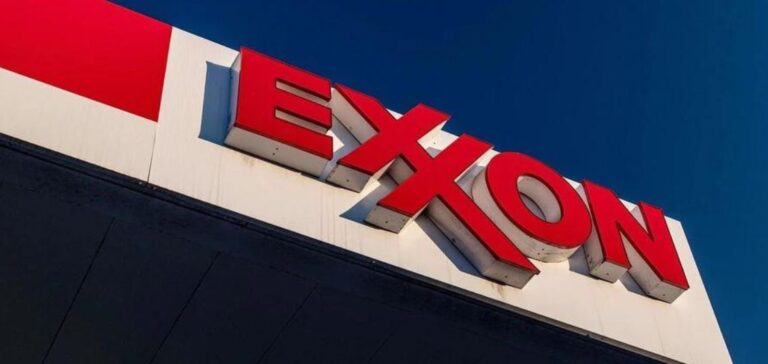The transaction between ExxonMobil and Pioneer Natural Resources, valued at $64.5 billion, is set to be finalized this Friday, following regulatory approval on Thursday. This agreement, prepared and negotiated since early October, marks a strategic turning point for ExxonMobil, enabling it to strengthen its presence in the shale oil industry.
Regulatory requirements
The Federal Trade Commission imposed a specific condition for its approval: Scott Sheffield, a key industry figure and former CEO of Pioneer, must not be appointed to ExxonMobil’s board of directors. This decision is based on Sheffield’s past interactions with OPEC members and other allies, who allegedly discussed production cuts to manipulate market prices.
Reactions from the companies concerned
Following the ruling, ExxonMobil agreed to comply with the FTC’s demands, while Pioneer expressed disagreement and surprise, insisting that the FTC’s allegations were based on a misinterpretation of oil market dynamics. Pioneer pointed out that Scott Sheffield, who had headed the company for 27 years, had retired at the end of 2023, but would remain a non-executive member of the board.
Impact on the shale oil sector
The acquisition by ExxonMobil positions the company to become an even more dominant leader in the shale oil sector, particularly in the USA. This consolidation could lead to adjustments in production and prices, directly affecting global energy markets.
Antitrust considerations and future prospects
This transaction highlights the heightened vigilance of regulators over major mergers and acquisitions, underlining the importance of antitrust policies in a strategic sector. Future decisions could set new standards for corporate governance and competition in the global energy industry.
The FTC’s conditional approval of ExxonMobil’s acquisition of Pioneer reveals the tensions between commercial ambitions and regulatory constraints. As the agreement moves closer to fruition, the oil and gas industry remains under intense regulatory and public scrutiny, with significant implications for the world’s energy future.






















